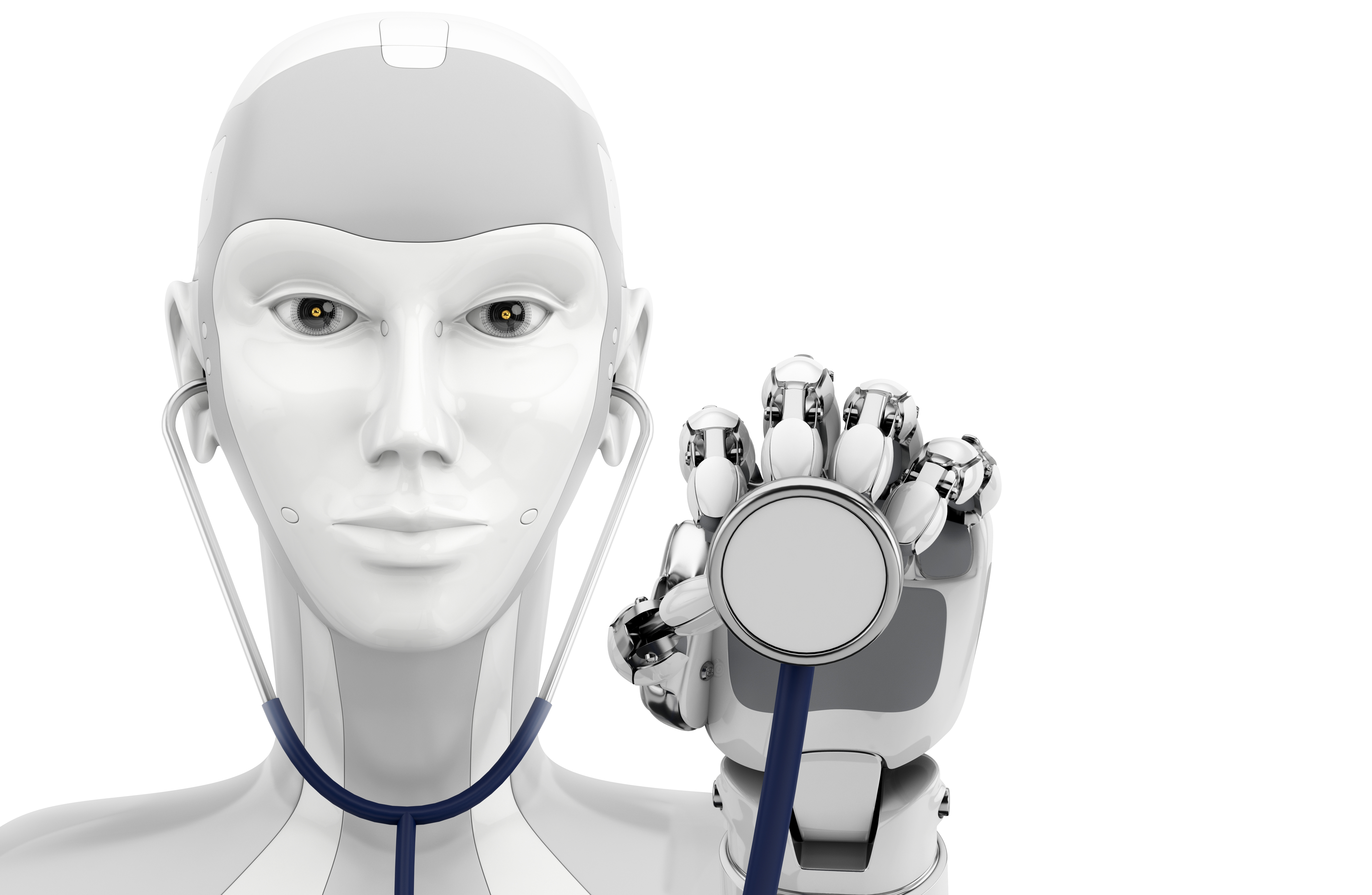
Part of the federal effort to get control of the current and potential future battles with COVID-19 has included a series of challenges issued to developers and stakeholders for new solutions and tools.
In July, for example, the Veterans Health Administration (VHA) Innovation Ecosystem and the Challenge America, a nonprofit organizations, are partnering with with federal agencies, private industry, leading research universities, and other nonprofits to develop innovative solutions to the challenges encountered by essential workers on the frontlines of the pandemic.
That challenge is scheduled to kick off on July 10 and culminate in a two-day “make-a-thon” at which teams of engineers and designers will test proposed solutions to these challenges using rapid manufacturing processes like 3D printing, that are capable of scaling quickly to meet the needs on the ground.
Since the beginning of June, however, and running throughout the month, VHA has been calling for members of the public to develop machine learning and artificial intelligence models to predict health outcomes related to COVID-19.
To date, researchers and medical professionals have identified numerous risk factors that are associated with greater risk for severe illness from COVID-19, but additional research is considered necessary to better understand the impact these factors have on high-risk individuals, including members of the military veteran population.
Now, the VHA is asking scientists and analysts to use synthetic veteran health records to create and test computational models predicting COVID-19 related health outcomes in veterans. The outcomes include COVID-19 status, length of hospitalization and time in the ICU, and mortality.
"We encourage participants to use demographic data and the presence of comorbidities when developing their model to help precisionFDA and the VHA Innovation Ecosystem better understand how race, ethnicity, age, and co-morbidities can affect the progression of COVID-19," said the VHA in a description of the challenge.
According to VHA Senior Innovation Fellow Amanda Purnell, "AI will be used to mine the data to look for predictive factors, including analyzing predictive value of each factor to then develop operation tools to guide clinical decisions within the VHA.”
Challengers have until July 3 to enter. According to the VHA, the success for the models will be determined by combining the ranks of model performance across all predicted outcomes.


